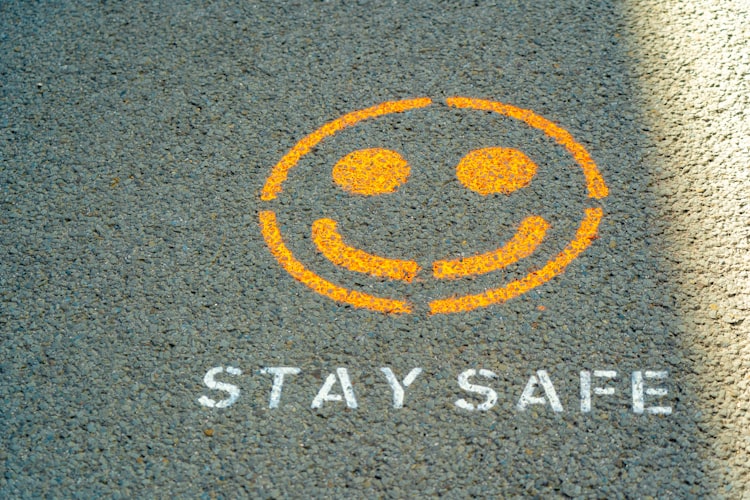Ethics, Governance, and Safety: What's in Your Hands?

Ethics, governance, and safety are terms that we sometimes use interchangeably. This intermingling is understandable. They play together. But the soft shared edges and overlapping Venn circles of ethics, governance, and safety mean that sometimes teams and organizations never settle on addressing any or all of these aspects. So I want to offer a perspective that has helped me to make these concepts more actionable for digital teams.
Having an ethic means knowing how your organization wants to be and appear in the world (this includes online)—in other words, having values. Governance implies that you've put into place ways to ensure those values transition from ideas to being tangibly upheld in what you design and build. Finally, safety means that whatever your ethic and however you govern, what you make is done with a mindset that seeks to minimize harm.
Progressively, each of these concepts becomes more outwardly influenced. Ethics are organization-specific. They are personal. Governance is organizationally specific, with the beginnings of some external alignment and norms, particularly in functional disciplines (think design, content, and code norms and standards). And, safety is usually decided upon by a group of peers: a profession, a vertical market space, nationally, or globally.
So when does an organization address each of these concepts? The answer lies in where you are in the development of a product or technology.
Always Have an Ethic
Fundamentally, every organization should have an ethic. If you are truly innovating and have no idea what your product will be, or are starting up, then it's hard to govern. And you might only be addressing fundamental human safety concerns (e.g., don't steal, don't lie, don't kill). However, you can still (and should) articulate an ethic and promote that ethic with consistency in the product development process. Not being sure of what you're building is not a valid excuse for being unethical.
Hold the Ethical Core with Governance
If you know what you're building and are bringing it to scale, then you should both have an ethic and establish ways to ensure that the team is on point. That's governance—or at least a part of governance. As product usage grows, the team that builds it grows too. Governance normalizes team collaboration and supports quality and cost-effective development. It also keeps the business ethic integrated with work practices as the team grows and, inevitably, decentralizes. Governance helps to hold the ethical core in place as things scale and sprawl.
Being Forced to Be Safe
Finally, safety comes into play as a product or an industry matures, and patterns of harm consistently appear. This is when teams that might not have been working well together within an organization—or, more broadly, organizations vying for market share—are usually forced to cut across competitive, national, and sometimes ethical silos to minimize harm systematically. Again, this force usually comes from activist communities, customers, or governments. In a business, there is usually a financially motivated reason to shift to a safer approach—for example, a diminishing revenue or market share due to unsafe behavior.
It's in Our Hands
Today, we already see patterned harm with our web and the internet. We also see a nascent trend towards establishing better safety via policy and other regional, industry, and global standards and norms. But digital makers have a significant role to play as well. Our lack of web and internet safety is the natural result of 30 years of organizations putting digital ethics and governance on the back seat. And, as safety standards come into focus, organizations will require the direction that an ethic provides and the practical gears of governance to establish this guidance. So, while we might be in uncertain times or in flux, there is a lot in the areas of ethics and governance that we can, and should, work on now.
Now that we see the harm associated with some of our ways of building our digital world, what can you do to support a change that would promote a more ethical, better governed, and safer web? What better choices can you make right now, today? What's in your hands?



